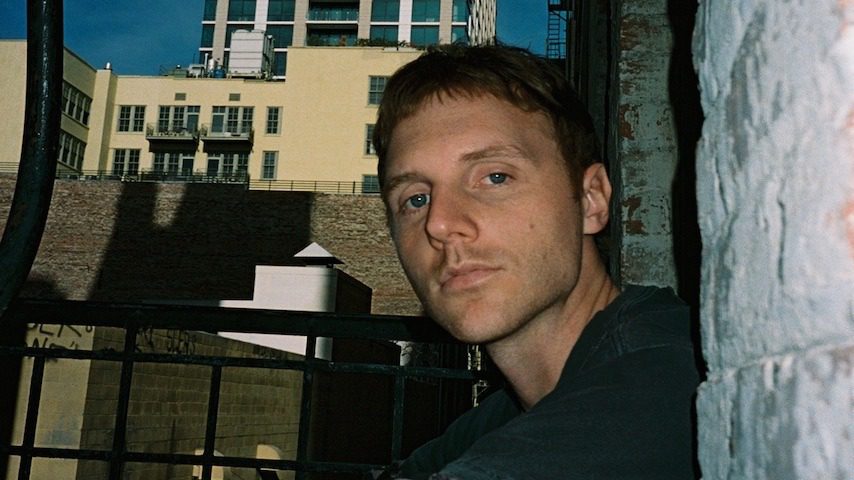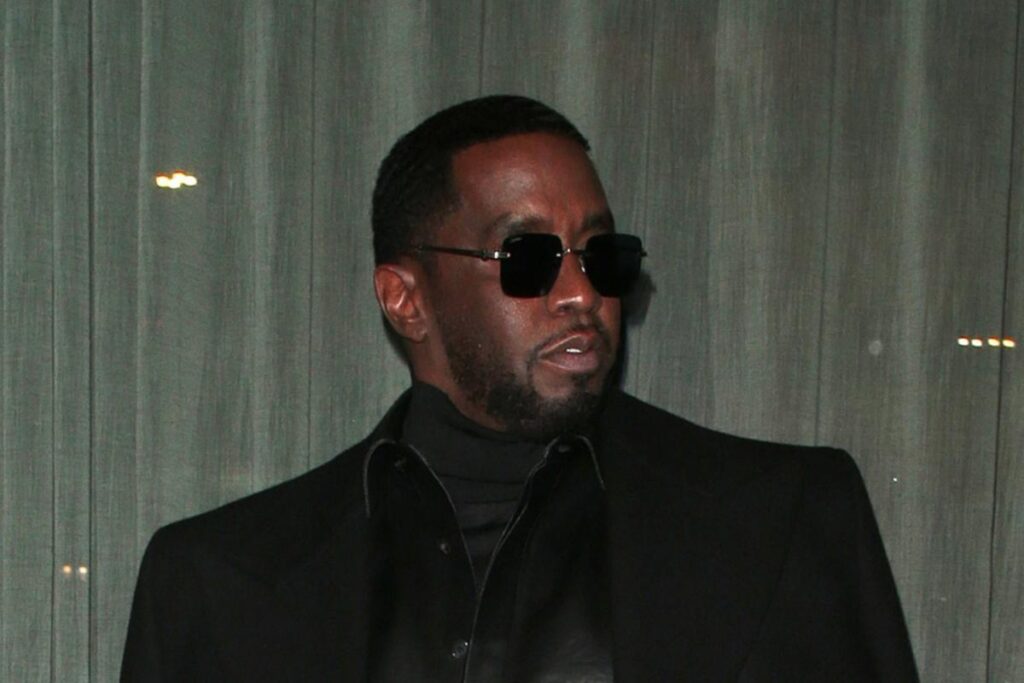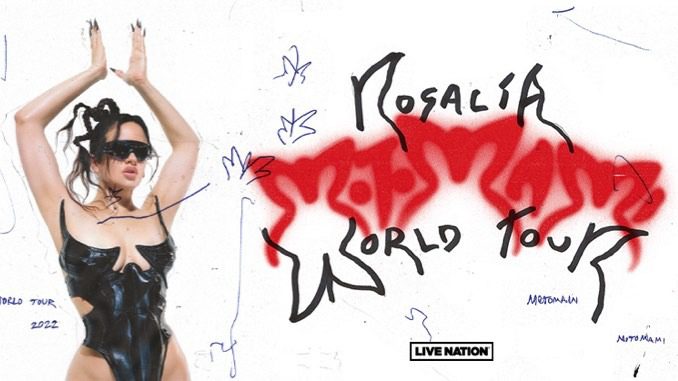Pendant’s Chris Adams had no idea what he was in for when he released his debut album on Nov. 8, 2019. The album came out via Tiny Engines, which had become a venerable, exciting indie label over the past several years, releasing albums by Illuminati Hotties, Mannequin Pussy, Spirit of the Beehive, The Hotelier and many more. But the day after Adams put out his first LP, Through a Coil, with the label, things started falling apart.
Adult Mom and other Tiny Engines artists accused the label of mismanagement and withheld or delayed payments, and the label virtually evaporated in a matter of days, left to untangle artists from their contracts and fulfill any outstanding payments. Adams didn’t have any expectations going into his album release, so he wasn’t too disappointed by the label’s collapse, but it took a while to get out of his two-album deal.
Through a Coil is a pretty clear departure from Adams’ previous material with hardcore band Calculator and noise-punk outfit Never Young. His first album as Pendant melds shoegaze, Britpop and power pop for a floaty, vigorous effect. It’s both harsher than a typical Britpop album and more pop-forward than your average shoegaze record, bringing the best of both worlds. After all, Melina Duterte (Jay Som) and Jack Shirley (Deafheaven, Jeff Rosenstock) produced the majority of the album, further cementing its lush pop and heady rock credentials.
Now that Adams is free from his Tiny Engines deal, Through a Coil has returned to streaming services today (Dec. 18), and he’s been working on an even more drastic pivot in sound: dance and electronic music. Adams is hoping to release Pendant’s rave-inspired second album next year, and he’s excited about this new palette of sounds.
Paste caught up with Adams to talk about his debut album, the unraveling of Tiny Engines and the new songs he’s working on. Read the Q&A below, which has been edited for clarity and length.
Paste: Through a Coil is an interesting mix of shoegaze and Britpop. What draws you to those sounds?
Chris Adams: I think it was really intoxicating hearing that wave of Creation Records music for the first time because it was always kind of ingrained into pop culture with Oasis, Blur and The Stone Roses. I understood it as a kid as commercial music. Then I went into the punk rock world, and moved away from big commercial rock and came back to it, and really appreciated the cacophonous approach to making rock music at that time. It blended the cool worlds of noise-rock and pop music in a way that really resonated with me at the time, and still does. It was also just that I felt equipped and ready in my songwriting experience and musical experience to make something like that, so I just wanted to go for it.
Do you have a favorite Britpop or Creation Records album?
Out of that group, it’s really tough. I’m having trouble picking between [Oasis’] Morning Glory and Definitely Maybe. I’ve spent a lot of time actually going track for track, and they hold up. It’s almost impossible to put one over the other because they’re both basically perfect records with the exception of a few tracks. So if I had to pick right now, I’d probably say Definitely Maybe because that’s the one I fell in love with first. There definitely is some magic on Definitely Maybe that I don’t think could have really made it on Morning Glory. Just because of the circumstances and the speed at which they blew up. They came from living on the dole and playing in a basement, and in like, a year’s time, they were already A-list celebrities, so there’s that underdog nature in Definitely Maybe.
You said you didn’t feel like you were reinventing the wheel with this album, but I really appreciate how it brings in the heavier dynamics of noise-rock that you wouldn’t necessarily get from a Britpop or shoegaze record.
Awesome. Yeah, up until that record, I came from making pretty noisy punk music, and my gripe with a lot of the noisy rock of the ‘90s was that it wasn’t noisy enough. I would listen to Oasis and be like, “Well, this is cool, but what you see is what you get.” Then I would listen to bands like Sonic Youth and I’d be like, “Well, there’s no hook. I’m really not getting any sugar out of this. It’s really just keeping me in the pain zone.” So I wanted to bridge those things in a way that I thought I could pull off, and definitely bring an edge to the poppier ideas, and bring something light and sugary to something that I would normally make kind of gnarly.
Your forthcoming material spans dream pop, electronic music, and even rave and rap. Did the closure of nightlife and live music help bring about that stylistic change?
Yeah, I think that definitely had an influence, maybe subconsciously. At the beginning, I definitely welcomed the closure of live music because I was playing shows with Pendant up until that point, and I think the way that I wrote the songs, it was so difficult to reproduce live for me. Everything was so loud all the time. The quieter, more delicate parts felt really out of place to me, and I was just frustrated with the format that we were working with. So, what I was doing at that point to make Through a Coil, I was just looping drums and putting what I thought were catchy guitar riffs over it. So I started doing that again, but I just kept the guitar off, and I would just keep the drums going. It turned into this really soothing, repetitive pulse, and I just followed that. The most instinctual thing that I saw in that direction was dance music, and it was also something that I could do without a band. So I decided to put together music that didn’t demand being around other people, something I could do on my laptop. But also imagining where this music would go, and having this really rich fondness for hearing electronic drums over huge speakers and deep, guttural sub just shaking an entire building. It felt like such a distant reality from what I was doing. At the time, I was like, “God, if only I could hear this in a huge warehouse or something.”
I had spent the last 15 years making rock music, and I think I got something that I felt was really good with Through a Coil, and I think my ears just needed a break. I needed to open up the frequency field and not limit it to the box of frequencies you use in a rock band. It was a combination of all that stuff, but it’s been really fun. I love it. I can’t wait to show people.
You signed a two-album deal with Tiny Engines, and you told Billboard that you didn’t receive the kind of support from the label that you were hoping for. Can you talk about your short-lived experience as an artist on that label?
I had on a whim decided to submit my record to the email address that they had listed on their website, and the same day, I heard back from them. Coincidentally, it was the first time that they were checking that email address in some time, and mine was right at the top. They were really receptive off the bat. I was working with a guy named Will, who I think is no longer involved in Tiny Engines. He was really cool, really supportive, really helpful. We had never met. I actually don’t even really know what they look like, to be honest. We just talked over the phone and emailed.
Everything up until the record coming out was pretty smooth. I was always a fan of their label. I was and still am a huge fan of Spirit of the Beehive, so it was cool knowing that I’d be one of their peers. I was really excited going into it, and then the day after the record came out, everything blew up on Twitter with Adult Mom and Tiny Engines. And Tiny Engines kind of disappeared, and I couldn’t get in touch with them. I didn’t even really want to—it was just kind of awkward at the time. I didn’t really have anything to say to them. I was kind of confused about what was going on and what they were being accused of doing, and the reality of that whole situation, so I just kept my distance. It was honestly kind of funny, just kind of a Curb Your Enthusiasm moment in a certain way of just like, “Oh well, I got this close, and now the label’s done. So you know, tough luck.”
I didn’t hear from them for a little bit, then I got word from Will that he was taking off. I thought, “Okay, well, I’m probably not going to make music for a little bit.” I was in school at the time, so I was able to brush it off and dig into other things. So truthfully, I didn’t even really know what to expect when the record came out from Tiny Engines. I didn’t know what they were supposed to do for me or what they could even do for me, so my expectations weren’t really stellar. It wasn’t a big blow for me to hear that they’re not going to be working on it now. Honestly, I don’t know if they folded or if they just disappeared. That sort of lent more attention to me than I think they could have done on their own, ironically. It seemed like me saying on Twitter, “I don’t know where my label is, but my record just came out, and I could use some help getting it around. If you want to share it, be my guest.” People seemed really receptive to that. I think that it got around a good amount on the coattails of that whole situation.
Do you have any advice for independent artists before they sign a record deal? There’s a lot of chatter about whether self-releasing is the better way to go and how much value a label really brings.
That whole situation opened up a big conversation in indie music that I think was kind of swept under the rug for a long time. The truth of the matter is that what happened with Tiny Engines and Adult Mom isn’t really unusual in the indie music world.
I had no idea what I was going into with that deal with Tiny Engines. Fortunately, I got put in touch with someone who knew what they were doing and told me, “Ask them if you can own your masters. You can always license your music to a label for five, seven, 10 years. And after that, the rights of your music are returned to you.” That seemed really intuitive for me, so when I asked for the rights to my music, I asked for a licensing deal. I was told that I could either receive a cash advance, which was for $1,000, or take no advance money for the option of licensing that record to them. It seemed so obvious to me. It cost more than $1,000 for me to record. So I decided to own my music instead, and I’m really glad that I did because I know it’s standard practice for a lot of labels to expect to own the rights to their artists’ music. I think the allure of having a label fawn over you puts pressure on certain artists to bend over in ways that they don’t necessarily need to, like giving away the rights to their music. I don’t think that needs to be a benchmark for the indie music industry.
I think you’re gonna see more artists negotiating for themselves to keep the rights to their music. I would say there’s no harm in asking. If you’re working on your own and trying to release music with a label, try to be your best representative. If you believe in your music, and you think that a label could benefit from putting it out, try to represent yourself to the fullest or try to get in touch with someone who can represent you or knows more than you do about this stuff, even to just get advice. I would tell people to believe in themselves and their music, and try to come up with a framework for how your music should be valued and what your music is worth to you, and don’t be afraid to voice that to people in the music industry.
Through a Coil is available now on streaming services, and you can purchase it on Bandcamp here.
Lizzie Manno is an associate music editor, Coldplay apologist, bread obsessive and lover of all things indie, punk and shoegaze at Paste. Follow her on Twitter @LizzieManno




